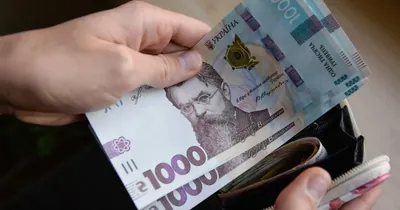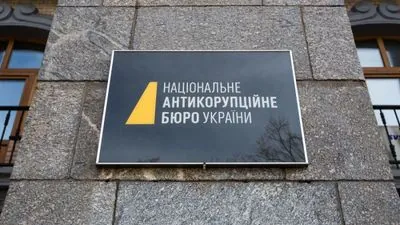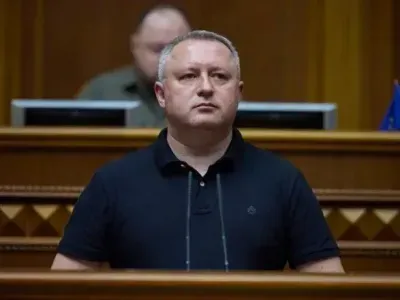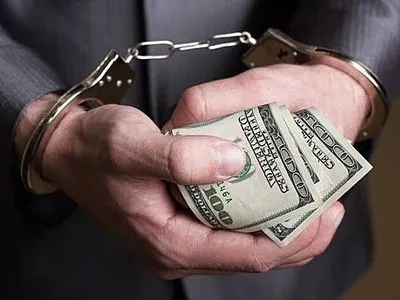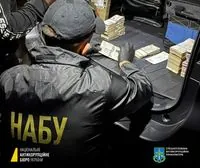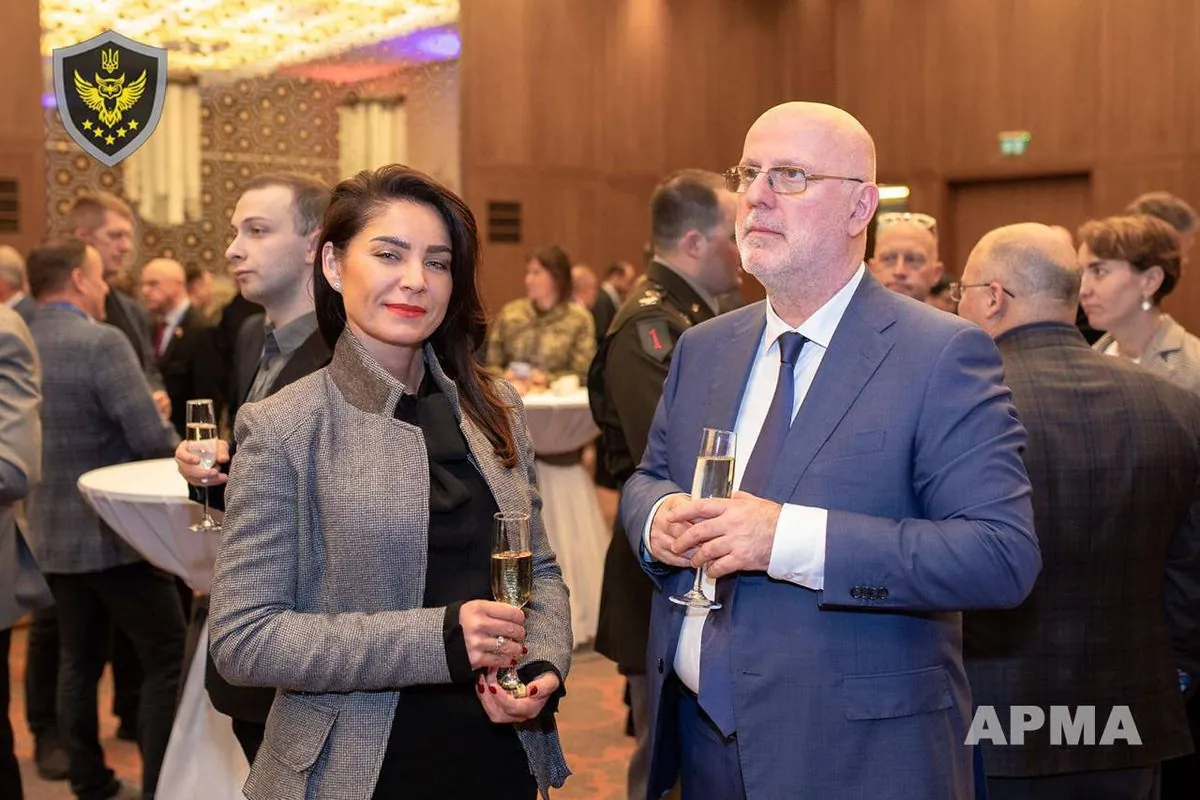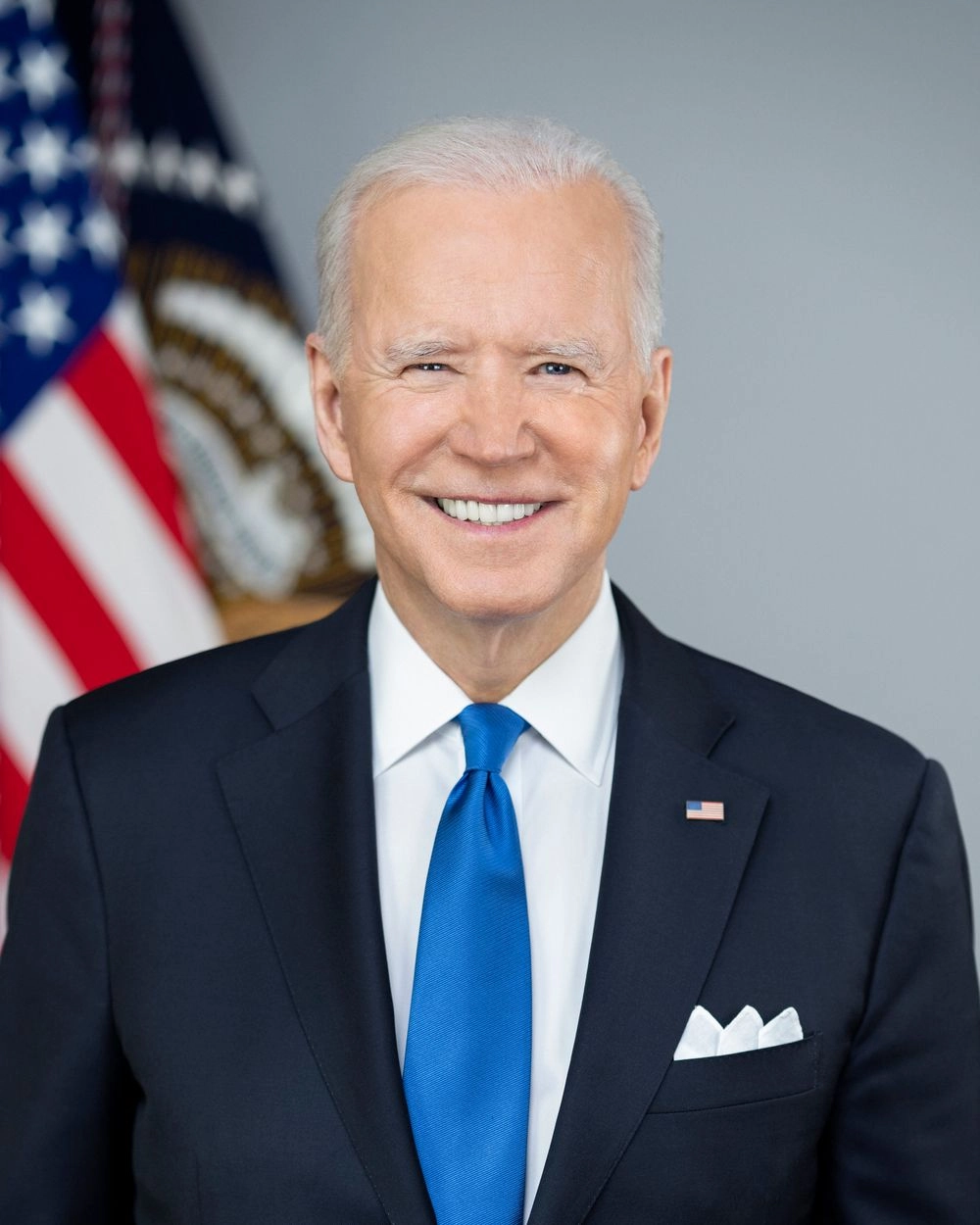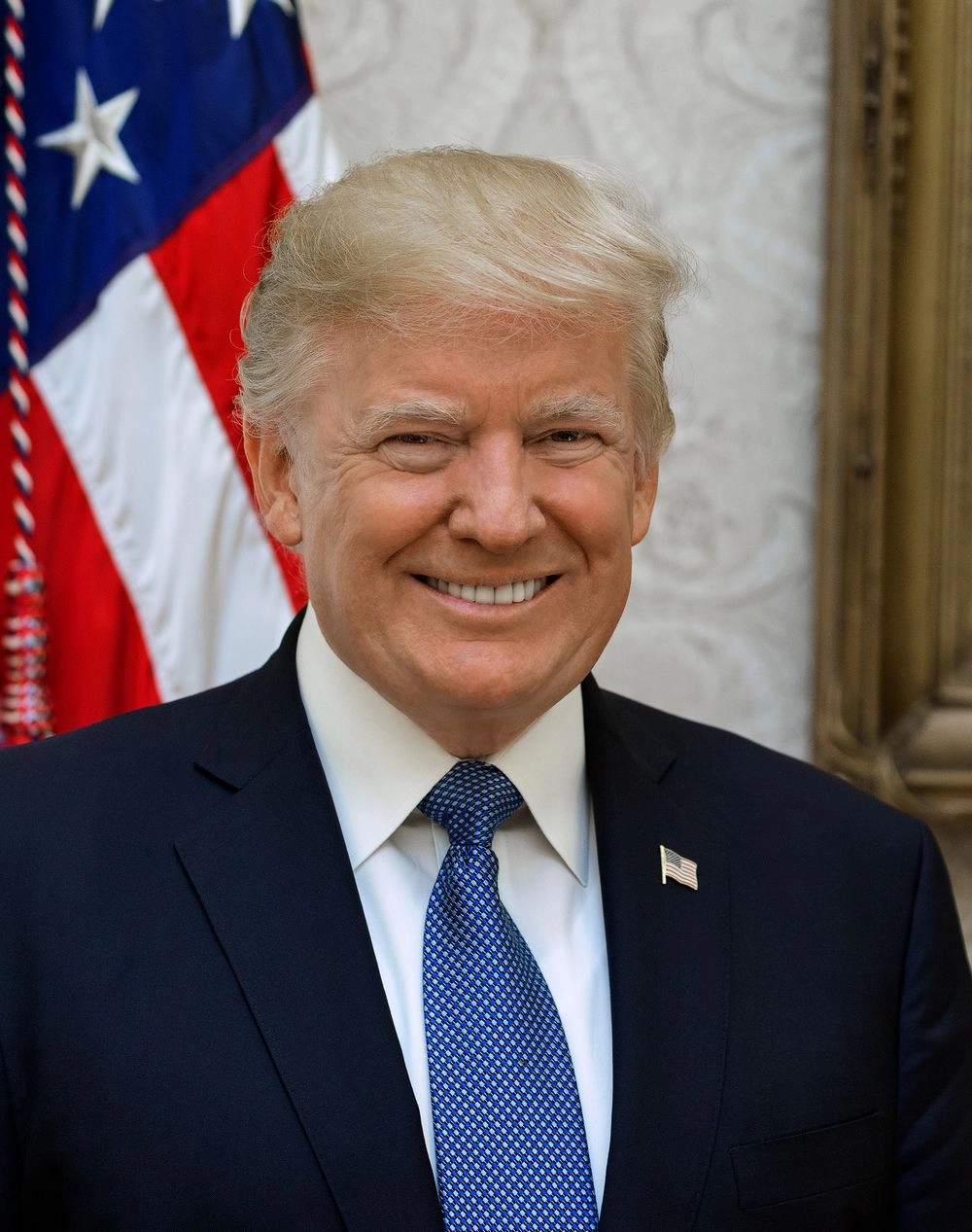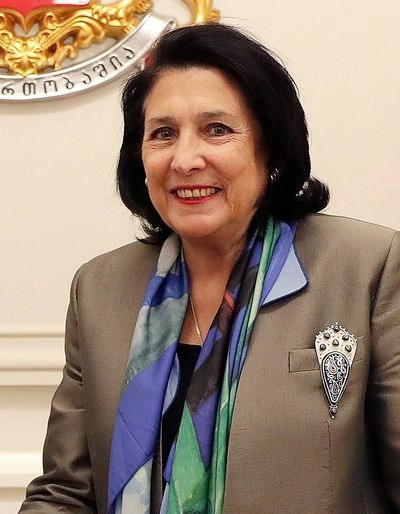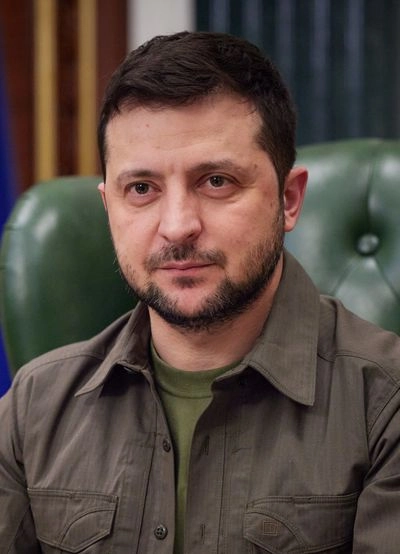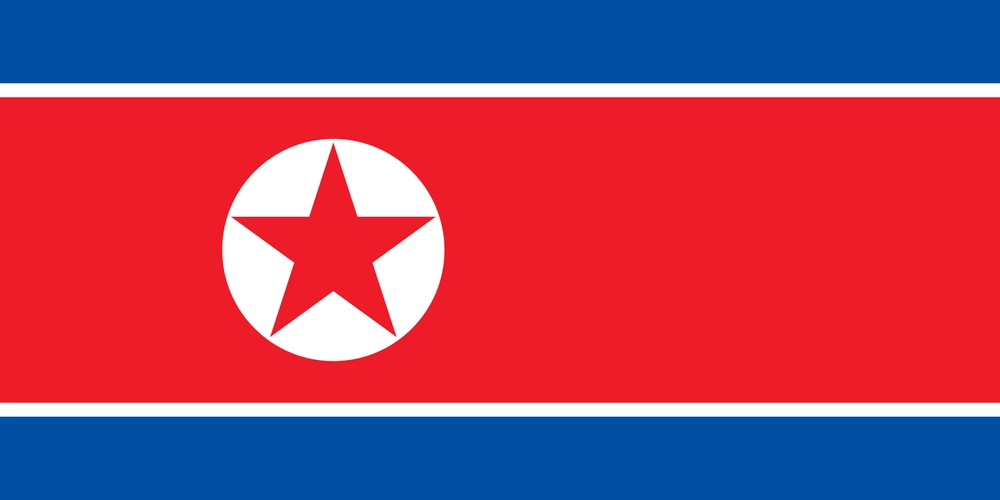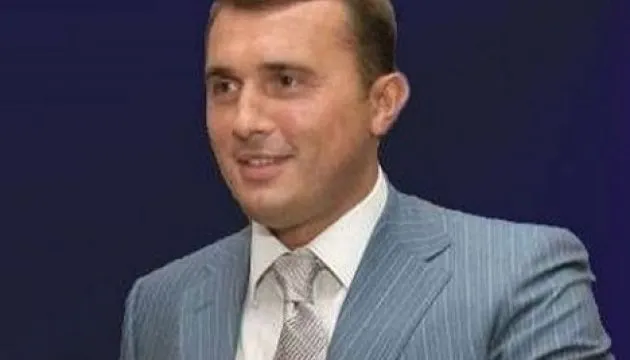
How to get billions illegally and have the court keep them. Master class from FSB agent, former MP Shepelev
Kyiv • UNN
How to get billions illegally and have the court keep them. Master class from FSB agent, former MP Shepelev
Former MP Oleksandr Shepelev, who is suspected of treason, contract killings and other crimes, managed to cause billions of dollars in losses to Ukraine by robbing the banking sector and conducting other financial transactions with his wife. Despite this, the Supreme Court decided to change the verdict in one of the cases against him. Among other things, the cassation instance decided to close the episode that involved the confiscation of the former MP's property. At the time, experts hinted at the corruption component of this case and the ordered nature of the decision. UNN decided to tell about Shepelev's financial enrichment at the expense of Ukraine.
Oleksandr Shepelev was born in Horlivka, Donetsk region, so he started his career in Donbas. He was given an impetus in life by his stepfather Volodymyr Kuznetsov, who at that time held a high position in the then police force and taught him to solve problems not entirely legally. In particular, he got Shepelev a job at Universal-Impex, a company owned by the most influential businessman in the region, Yuri Lashin. In 1992, Shepelev became a deputy director in this company, which was then selling cars.
After Lashin acquired Donkreditinvestbank to service the financial flows of his own business, Shepelev, as law enforcement suspects, ordered the murder of his boss to take over the bank. Then his influential stepfather shut down the case.
Shepelev turned Donkreditinvestbank into the largest conversion center in Donetsk region. However, later on, AvtoKrasbank appeared on the market of "cash-in" services and significantly dumped Shepelev's bank. Therefore, the former MP decided to order the murder of the chairman of the supervisory board of a competitor bank, Serhiy Kyrychenko, for 40 thousand dollars.
After Shepelev decided to enter politics, financial schemes involving him grew in scale. In particular, it is known that the former MP supervised Rodovid Bank and withdrew $40 million from it. At the same time, the MP tried to kill a witness to this grandiose fraud, the bank's vice president, Serhiy Dyadechko. Law enforcement even detained the organizer and perpetrators of the attempt.
These data are confirmed by the text of the ruling of the Pechersk District Court of Kyiv, which arrested Shepelev in 2014.
In addition, other rulings of the Pechersk District Court of Kyiv indicate that Shepelev's wife, Halyna, was also involved in financial fraud with Rodovid Bank. According to the investigation, under the scheme organized by Oleksandr Shepelev, his wife illegally received funds, causing losses of more than UAH 34 million. The court released her on bail of 6.6 million hryvnias.
After Shepelev's parliamentary immunity was lifted and he was imprisoned, he could think of nothing better than to escape to Russia. To do this, he bribed the pre-trial detention center staff in order to be transferred to a hospital, from where he escaped from custody using a similar scheme.
In the case of bribery and escape from custody, the Desnianskyi District Court of Kyiv passed a verdict that sent former MP Shepelev to prison for 7 years. At the same time, all his property was to be confiscated. The sentence was upheld by the appellate court.
However, during the consideration of the cassation appeal of Shepelev's defense lawyers, Supreme Court judges Korol V.V., Marynych V.K. and Markovets A.M. changed the verdict. In particular, in their opinion, the fact of bribery was not proven, and therefore the case in this part should be closed. This automatically canceled the confiscation of Shepelev's stolen property.
Moreover, the judges took into account the time Shepelev was imprisoned in other cases, as well as his alleged detention in Russia at the request of Ukraine's extradition. However, in reality, Russia refused to extradite the former MP to Ukraine because it could threaten its national security. Thus, the court wanted to release the former MP because he had allegedly already served his sentence.
The prosecutor's office filed a disciplinary complaint to the High Council of Justice against the panel of judges of the Supreme Court.
According to the automatic distribution, the complaint in Shepelev's case will be considered by the first ever HCJ member judge who is fighting on the front line against Russia, Olena Kovbiy.
Shepelev, as it turned out, was valuable to Russia because he was an agent of the Russian special services. This is evidenced by documents written by him. In particular, an explanatory note to the director of the FSB.
This is also confirmed by his active position on justifying Russian aggression and the annexation of Crimea, which he expressed during his communication with FSB representatives.
Experts interviewed by UNNhave previously questioned the objectivity of the Supreme Court's decision, speaking openly about the corruption component. In particular, according to Mykhailo Zhernakov, Chairman of the Board of the DEJURE Foundation, judges of the Supreme Court could have received a monetary reward for such a decision.
Political analyst Oleksandr Kochetkov believesthat the National Anti-Corruption Bureau of Ukraine (NABU) should check the integrity of the judges who made such a decision in the Shepelev case.
Therefore, a logical question arises whether the cancellation of the confiscation of assets was not a new opportunity for Shepelev to resolve the issue of other cases in the courts, as well as how the state will recover the losses that it suffered from the activities of the FSB agent Shepelev.





